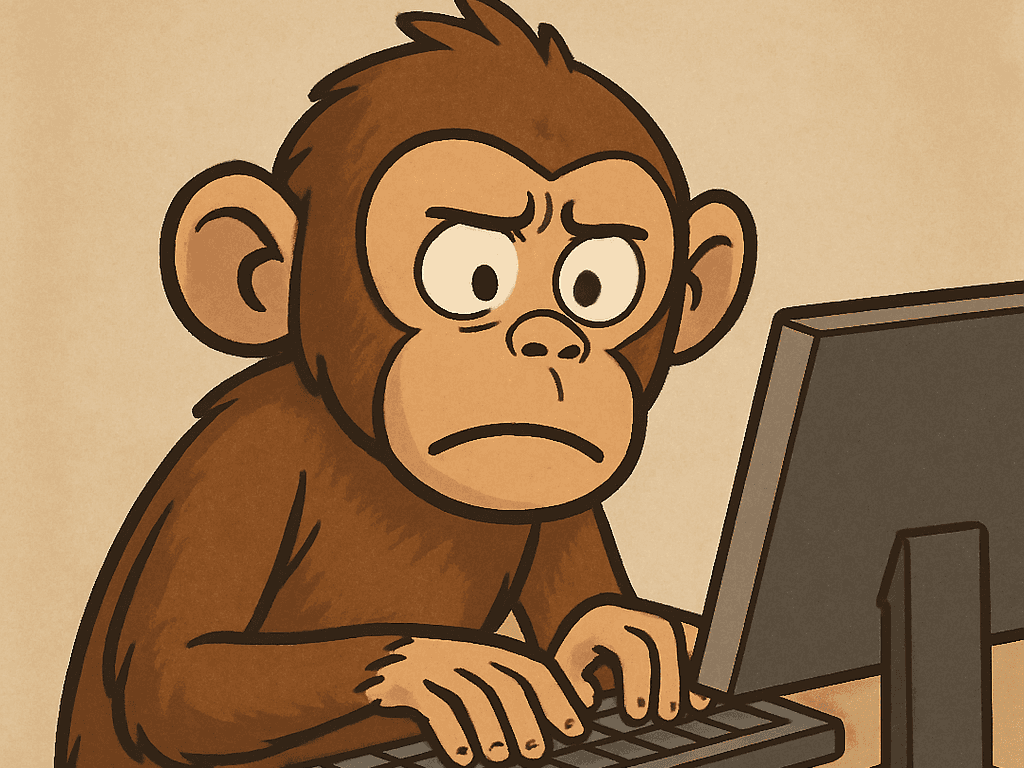The death knell is tolling louder than ever for writers, and the grim reaper is in the form of AI, which has been crawling ever closer in recent years. The poor ol’ writer, perhaps the most cost-effective aspect of marketing and communications, and (some may say) brings the cool factor to a product or service, is the one that’s going to be buried first by our new overlord, The Machine. As I write this, I tremble in fear at the cost I may have to pay when the masters take over.
While the trope and discourse among the writing community is one of fear and of their jobs becoming non-existent in the near future (no, I will not replace that phrase with “soon,” dear master), there’s still some hope if we look past the cynicism that seems to pervade. AI has the ability to quickly and efficiently summarize or collate large tracts of information into a coherent paragraph. However, it still hasn’t developed the capability to do one thing that humans are impressive at: translate emotion into words.
With the rise of AI, it wouldn’t be such a bad thing for it to take away the menial writing that writers perform every single day. No more filing pieces about a random celebrity’s beef with another obscure influencer, or crafting mind-numbing comparisons that involve sifting through a variety of numbers and figures, or drafting reports about things that make your school history lessons more enjoyable (history is pretty cool, though).
The Machine can somewhat create art, as evidenced by the Ghibli-fication of social media recently, but it’s far away from creating immersive experiences that words can portray. It lacks the personality to make an impact, to make a piece memorable. It’s like vanilla ice cream. Sure, it’s sweet, cold, and gives you a dopamine rush. But it’s boring. Bland. Unremarkable.
Writers should maybe pivot (yes, yes, I realize this is the 300th time you’ve heard this word this week) to creating content that is special. Instead of churning out piece after piece, almost instinctively – dare I say, like a machine – the emphasis should maybe be on picking the right word or phrase, structuring it to make it readable and engaging, and finding your voice and style rather than adhering to a set of rules. The rulebook shouldn’t exist if writers have to compete with AI; it’s not a level playing field anyway. The homogeneity of AI-crafted content is perhaps the Achilles heel of The Machine, which is perhaps what writers have to target.
Some argue that the usage of AI tools to generate content is unethical and destroys the livelihood of thousands of writers around the world. The pushback against it is a noble thought, however, it won’t be long before that wall is breached and the usage of AI becomes commonplace. The Industrial Revolution may have killed several jobs, but that drastic change also helped many professions use machines to make their lives easier and more efficient. Writers, similarly, could use AI as a crutch, be it for proofreading or spell checking, which would allow them to focus more on the quality of content that they produce.
AI is here to stay, and writers may be the first ones to be severely affected by it. But we could maybe navigate away from a conflict with them and not step on their toes by carving a niche for ourselves, one they can’t replicate … at least for now.
